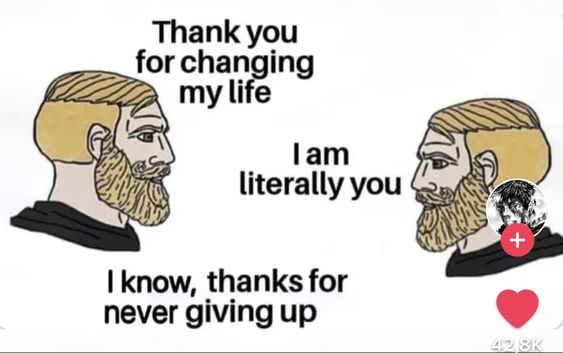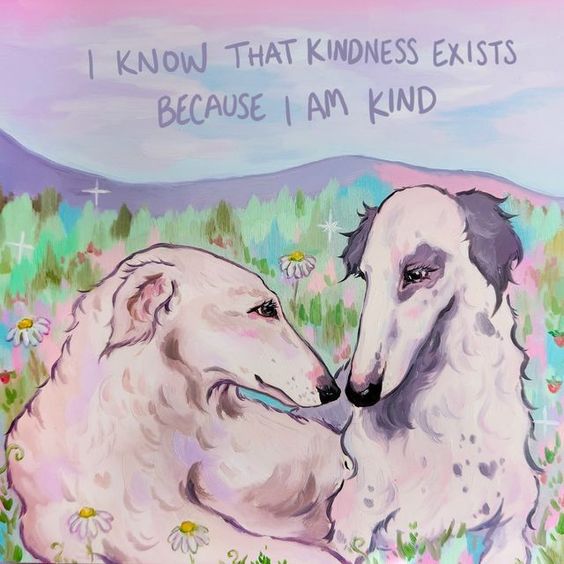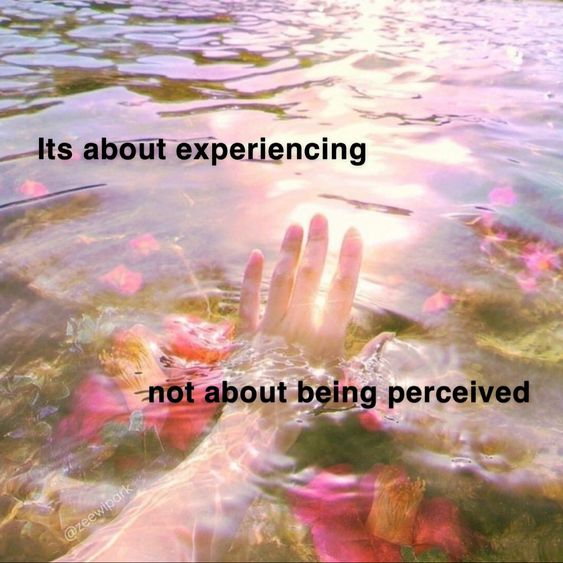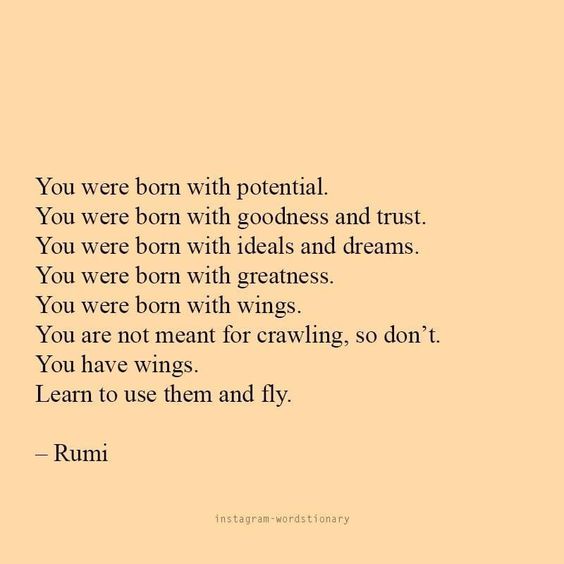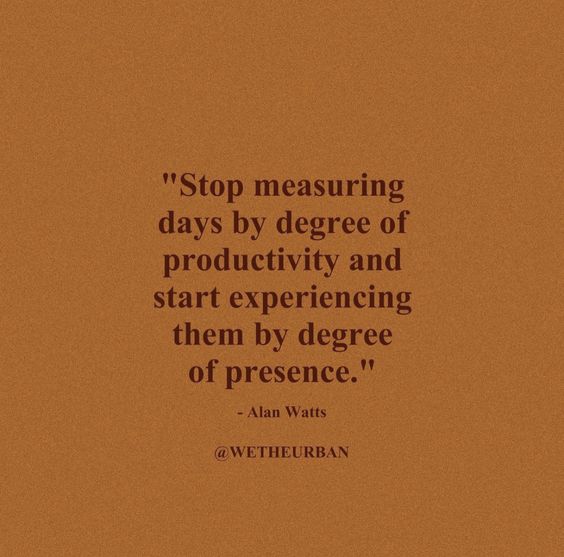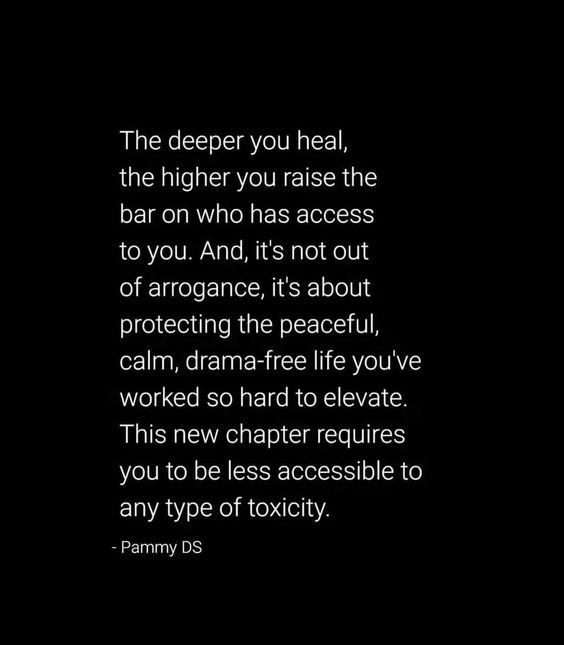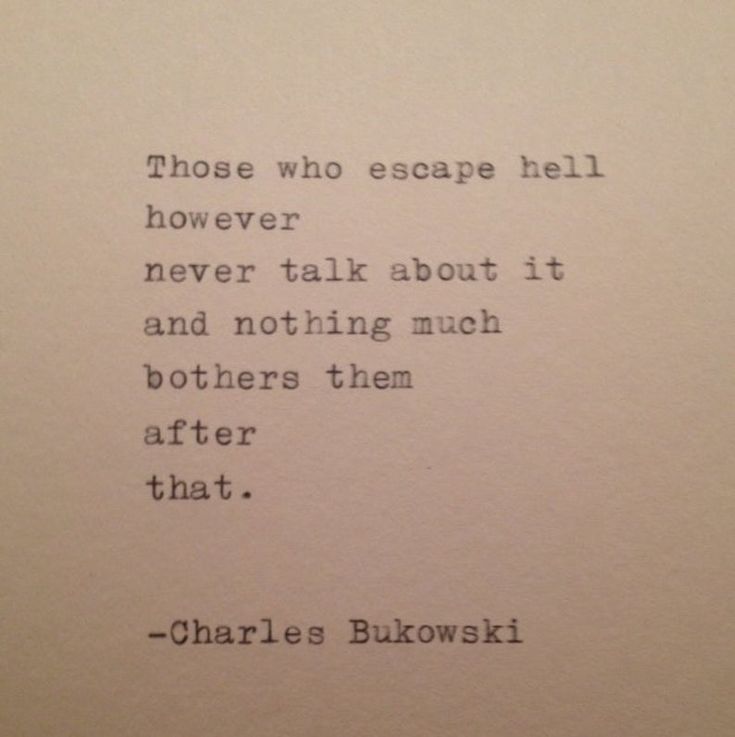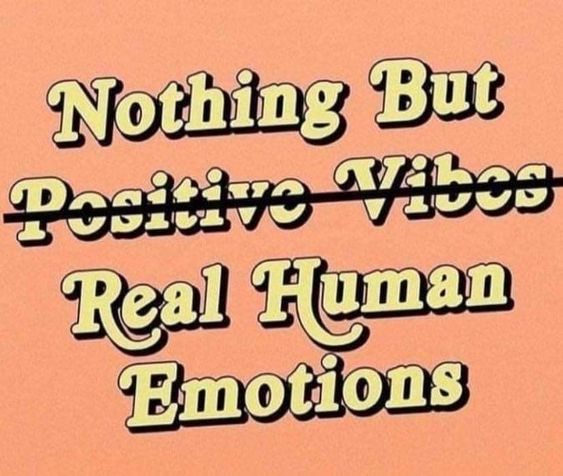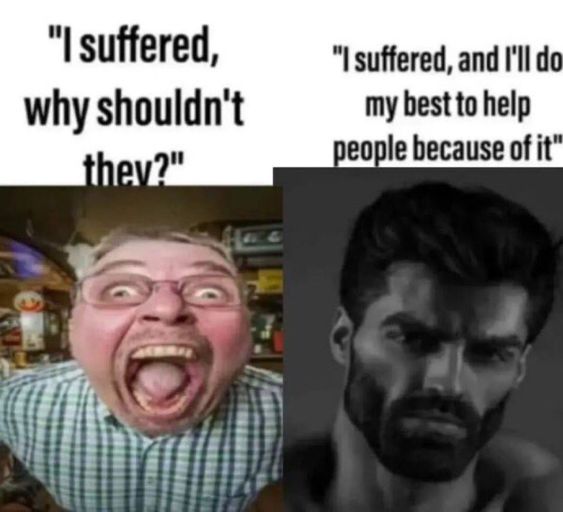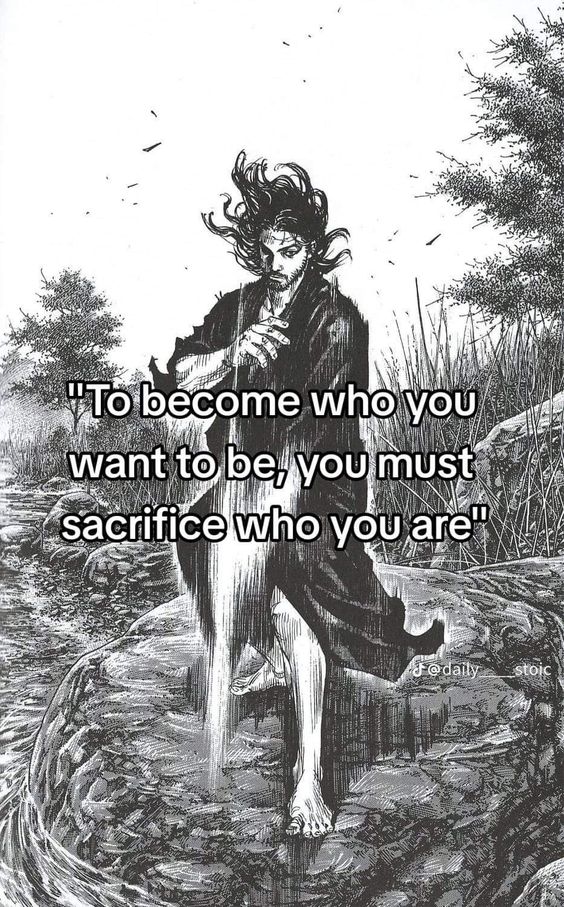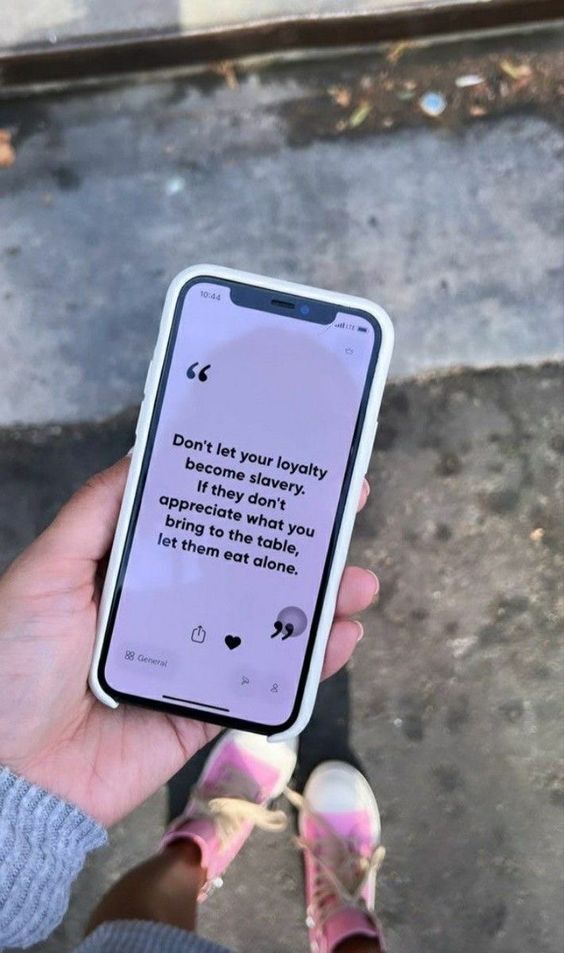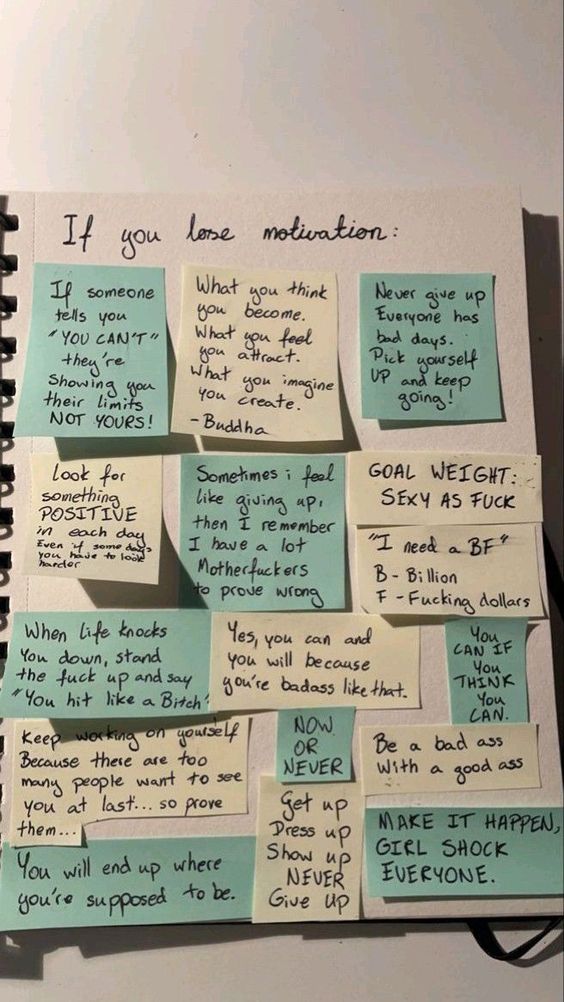“Miscommunication between two people is incredibly common because every time someone speaks they are translating their feelings into words, and then the other person has to interpret those words through the filter of their own current feelings and past emotional history. Since we are communicating through filters of perception, it takes a certain degree of calmness and emotional maturity between two people to ask each other, ‘What do you mean by this?’ or ‘Can you tell me more?’ to really understand what is being said. Communication without patience is likely to turn into conflict. Communication with patience is likely to lead to deeper connection.”
Yung Pueblo
“Life isn’t a train ride where you choose your destination, pay your fare and settle back for a nap. It’s a cycle ride over uncertain terrain, with you in the driver’s seat, constantly correcting your balance and determining the direction of progress. It’s difficult, sometimes profoundly painful. But it’s better than napping through life.”
John W. Gardner, Self-Renewal (Page xii)
“There’s something in us that fiercely resists change. And there’s something else in us that welcomes it, finds it bracing, even seeks it out. It’s the latter trait that keeps the species going.”
John W. Gardner, Self-Renewal (Page xi)
“The earth is undivided. India and Pakistan and England and Germany exist only on maps, and those maps are created by the politicians, the power-mad people. This whole earth is yours. There is no need to identify with anything. Why become confined to small territories? Why be confined by politics? Claim the whole heritage of the earth. It is your earth. Be a planetary being rather than a national one. Forget about India and England and think of the whole globe. Think of each and everyone as brothers and sisters; they are!”
Osho, Everyday Osho (Page 173)
Self-Renewal [Book]

Book Overview: This is a book about the importance of renewal for both societies and individuals – and the interdependence between the two to accomplish it. Societal renewal (think government, education, race relations, international affairs), hinges on a creative society, which itself hinges on the capability of individuals to move from apathy to self-renewal. What sounds simple is complicated by entropy, the slowing pace that invariably occurs in societies, organizations, and individuals as they age. Gardner writes, “[V]itality diminishes, flexibility gives way to rigidity, creativity fades and there is a loss of capacity to meet challenges from unexpected directions.” Shocks to the system (think wars, disasters, pandemics, loss of a job) often unlock “new resources of vitality.” How to continually initiate renewal apart from these external prompts is the secret and subject of this book.
“Once the honeymoon is over and you put down your masks, and the reality is revealed, then what will you share? You will share that which you have. If anger, then anger, if possessiveness, then possessiveness. Then there is fighting and conflict and struggle, and each tries to dominate the other. Meditation will give you something you can share. Meditation will give you the quality, the energy that can become love when you are relat[ing] to somebody.”
Osho, Everyday Osho (Page 172)
